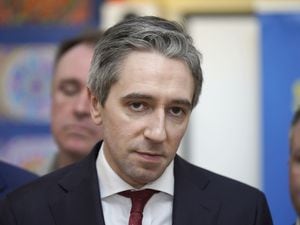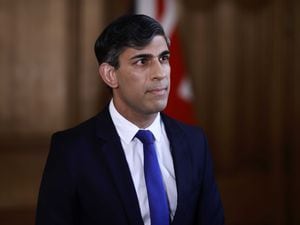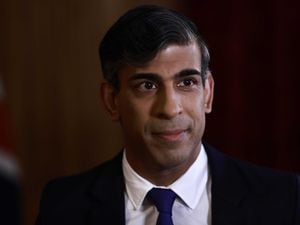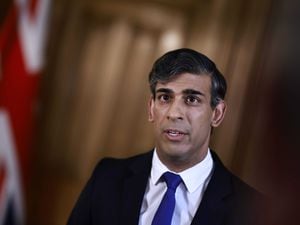Boris Johnson pays tribute to late Kuwait ruler Sheikh Sabah
Condolence messages poured in for the ‘great humanitarian leader’ who has died aged 91.
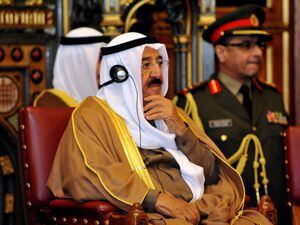
Boris Johnson is among political figures who have paid tribute to the Emir of Kuwait, Sheikh Sabah Al Ahmad Al Sabah, following his death aged 91.
Condolence messages poured in for the “great humanitarian leader” who died in a hospital in the United States on Tuesday.
He was flown by the US Air Force to Rochester, Minnesota, home of the world-renowned Mayo Clinic medical centre, where he was being treated for an unspecified condition after suddenly falling ill in July.
Prime Minister Mr Johnson said: “Through his work as Foreign Minister, Prime Minister and later Amir he has made a personal contribution to regional stability and humanitarian assistance which will long be remembered.
“I sincerely hope the long and deep ties that unite our countries will continue, and through our cooperation and friendship we can contribute to peace, prosperity and justice in the world.
“I would like to offer my sincere condolences to the Al Sabah family and people of Kuwait.”
Tony Blair, who was the UK prime minister when the emir took power in 2006, said: “The Emir was a man of profound compassion, humanity and dignity who all his life worked tirelessly for the best interests of his country and the region.
“He was deeply respected across the Middle East.
“He showed courage at the time of the invasion of Kuwait and wisdom in rebuilding his nation afterwards. His passing will be greatly mourned.”
Foreign Secretary Dominic Raab described him as a “great humanitarian leader and a true friend of the United Kingdom”.
He added: “He served Kuwait for many years with dedication, and as a founding father of the GCC (Gulf Cooperation Council) he contributed over many decades to maintaining peace and stability in the region.”
Sheikh Sabar became the oil-rich nation’s foreign minister in 1963 and remained in that position for four decades.
He fled to neighbouring Saudi Arabia when Iraqi dictator Saddam Hussein invaded Kuwait in 1990 and occupied the nation for seven months in a move that was widely condemned by world leaders.
As ruling emir, he faced falling oil prices, internal political disputes and the fallout from the 2011 Arab Spring, but he will be known for resolving regional disputes including the ongoing deadlock between Qatar and other Arab nations.
Kuwait’s cabinet said his half brother, Crown Prince Sheikh Nawaf Al Ahmad Al Sabah, has been sworn in as ruling emir.


